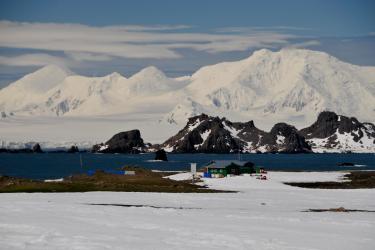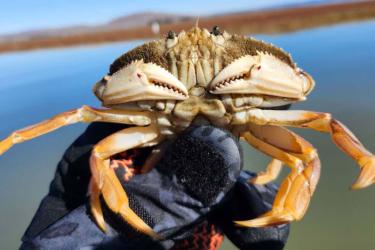Project Description
Considering human dimensions is key to promoting the effectiveness of conservation policies. However, interactions between the coupled human and natural systems associated with salmon conservation are not well understood scientifically. We examine these interactions in the context of salmon conservation and recovery.
Our overall objective is to inform the tradeoffs associated with salmon recovery planning decisions regionally while contributing to broader questions in economics regarding how human systems influence the effectiveness and efficiency of species recovery and ecosystem restoration.
Research Topics
We have four research topics within this project.
- We develop methods and models identifying conservation alternatives with the most substantial ecological benefit for a given investment level. Allocation decisions involve tradeoffs because undertaking a particular conservation plan typically implies forgoing other worthwhile activities. A growing body of literature suggests that incorporating economic information into these planning decisions can improve conservation and recovery outcomes. We contribute to the literature that applies return on investment (ROI) analysis to conservation planning using a suite of methods to evaluate the costs, benefits, and risks of alternatives.
- We estimate the non-market values of changes in ecosystem services flows resulting from salmon recovery policies. Their market prices reveal the value of some ecosystem goods and services. Other goods and services, such as public recreation and natural hazard mitigation, are not purchased in markets. Their values need to be estimated using economic methods. Salmon recovery policies often affect flows of both market and non-market ecosystem services. Estimates of the non-market values can help policymakers better weigh the tradeoffs involved in recovery policy decisions.
- We develop models that explain the influence of management actions on stakeholder behavior and welfare. These models shed light on the dynamics between environmental conditions, management conditions, and human activities under alternative management approaches. Understanding these dynamics is particularly important when assessing conservation policies that aim to reduce adverse anthropogenic effects through influencing stakeholder incentives and behavior.
- We examine the formal and informal institutions related to Pacific Salmon recovery. Pacific salmon recovery's effective governance is challenging, due in part to salmon life cycles spanning multiple biomes, sectors, and jurisdictions, and inhabiting ecosystems whose services are relied upon by a diverse set of stakeholders. We are developing frameworks and empirical analyses aimed at informing policies that reduce identified impediments to effective governance.
Publications
Fonner, R., Bellanger, M., & Warlick, A. (2020). Economic analysis for marine protected resources management: Challenges, tools, and opportunities. Ocean & Coastal Management, 194, 105222.
Fonner, R., & Warlick, A. (2018). Marine Protected Resources on the US West Coast: Current Management and Opportunities for Applying Economic Analysis.
Contact

